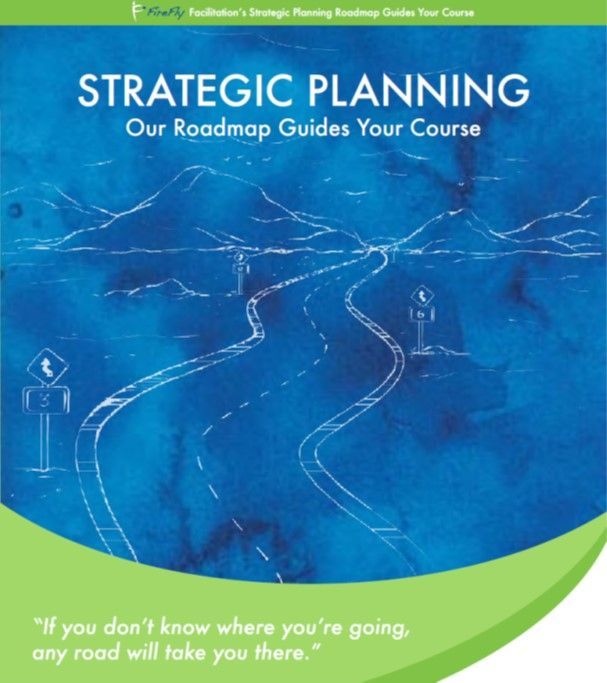Improving Your Team’s Decision-Making Ability
5 tips for improving the decision-making ability of your team.
How effectively a team handles productive conflict and makes decision that all will support is a key indicator of the overall effectiveness of the team. Below I offer 5 tips for improving the decision-making ability of your team .
- Team decision-making begins with believing that your team can find more creative solutions and make better decisions if they have purposefully created an environment that promotes each person’s ability to bring their unique strengths, offering their diverse perspectives to the team.
- Once you are aware that this is possible, it’s time to find an agreed-upon process for making the decisions. The team leader needs to clearly explain this process, along with the rationale for choosing this approach, immediately and up front.
- In addition, team leaders need to be mindful of their role in the decision-making process, and must acknowledge that they can be a force for either good or evil. There needs to be a wide variety of ideas freely offered before making a final decision.
- Next, there needs to be clarity when the team has reached the point where they should make—or have made—a decision; and accept that it is time to move on, getting people to commit to a plan for executing the decision.
- Finally, there needs to be a mechanism for tracking the effectiveness of the decisions that the team has made— one that makes members comfortable with revisiting and revising decisions based on new information.
Much of the work we’ve already discussed will guide you in creating this kind of safe environment; one that allows a diversity of opinions to be heard. Team members need to acknowledge that both their own and others’ opinions have value, even if they are vastly different. The team needs to find ways to discover and continually emphasize these diverse perspectives. Not only will this stimulate better decision making, it will also, in fact, be better for each person’s individual job satisfaction.
Research shows that when people get to do the work they do best more often, superior productivity, discretionary effort, engagement, joy, retention, and loyalty result . Great teams play to their strengths; they clearly know who the competition is, and keep their sights focused on what they do and how to defeat them. They expend as much effort as they possibly can to being their best as individuals, a team, and an organization.






